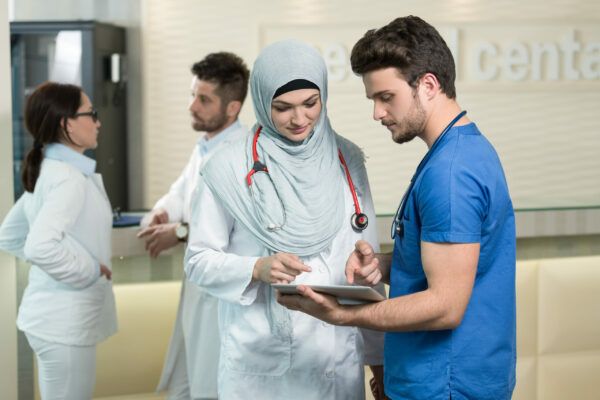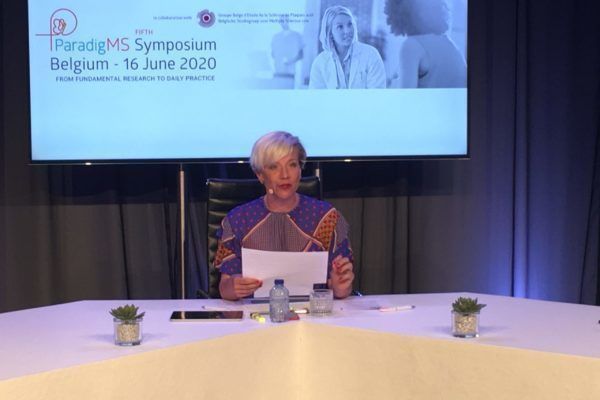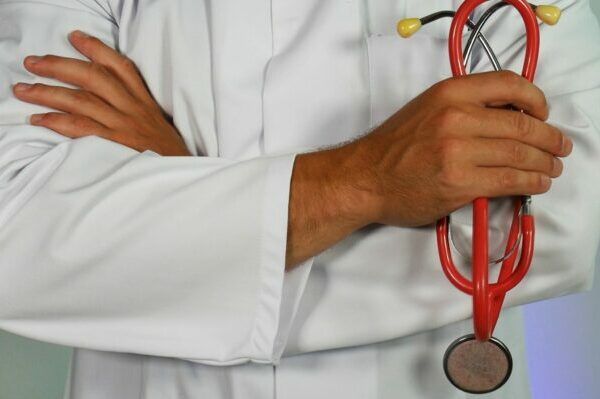The use of generic, biosimilar and non-biologic complex drugs for multiple sclerosis
In our latest ParadigMS webinar, experts Prof. Thomas Berger and Prof. Celia Oreja-Guevara delve into the growing role of generics, biosimilars, and NBCDs in treating multiple sclerosis. The session explores their clinical efficacy, regulatory frameworks, and the potential for improved patient access to cost-effective treatments. Despite their benefits, the webinar highlights ongoing concerns about long-term pharmacovigilance and switching between therapies. Watch the full discussion to gain insights into how these therapies are shaping the future of MS treatment.
Key Takeaways
- Generics, biosimilars, and NBCDs are designed to provide cost-effective alternatives to originator drugs. However, they require rigorous regulatory processes to ensure comparable efficacy and safety.
- Generics typically do not need clinical trials, while biosimilars must demonstrate similarity in structure, efficacy, and safety to the originator drug.
- Studies show that biosimilars and generics are effective in managing multiple sclerosis (MS), with comparable safety and patient satisfaction. For example, follow-on therapies like fingolimod and biosimilar rituximab show similar outcomes to their originator versions.
- Some concerns remain regarding patient and physician perceptions of generics and biosimilars, particularly around long-term pharmacovigilance and the potential impact of switching between multiple follow-on therapies.
- The increasing availability of these cost-effective options offers new possibilities for broader access to MS treatment, but the regulatory environment and patient safety must always remain a priority.
The Webinar Recording
You’ll need to subscribe to our platform or log-in to see the Webinar Recording.
The biography of the experts
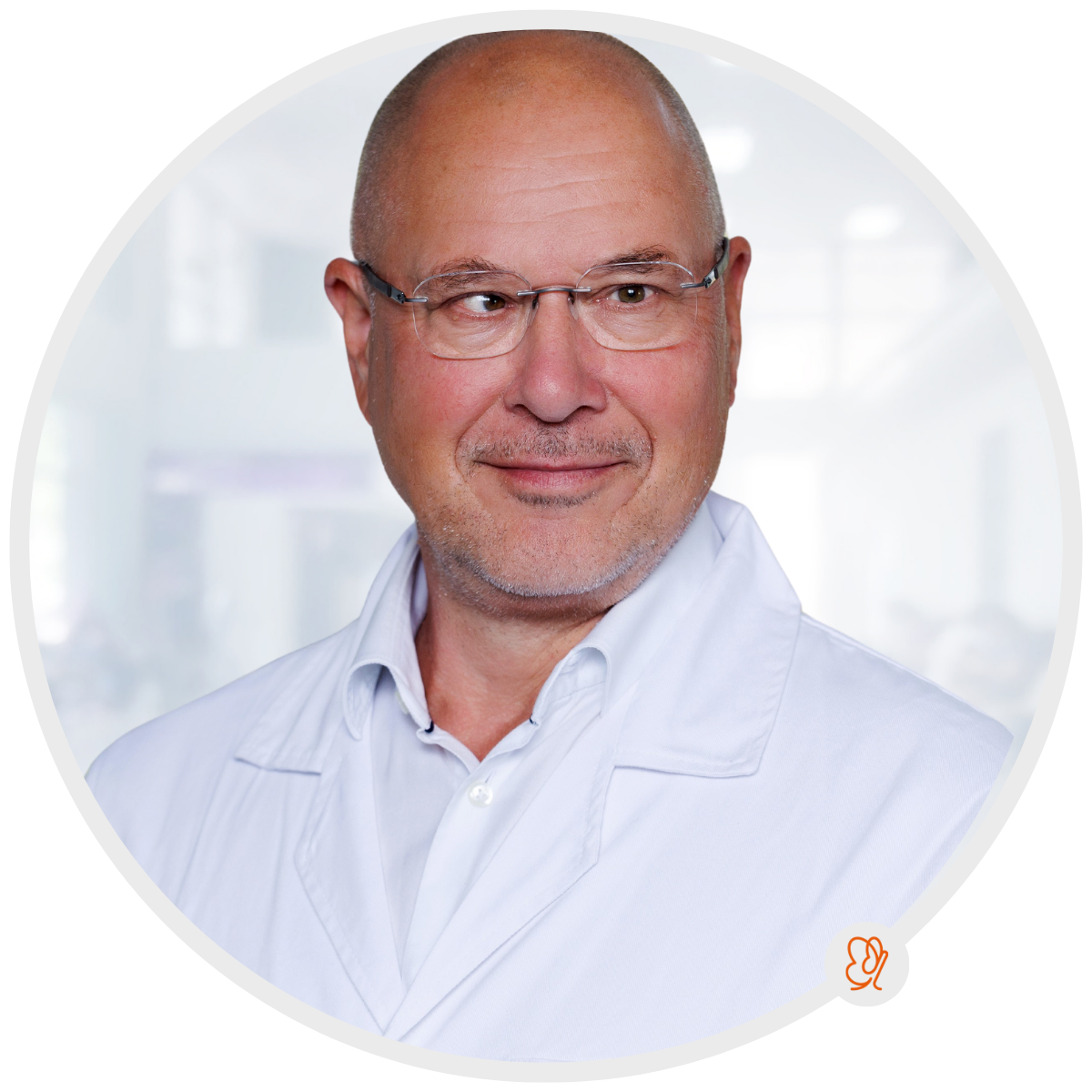
Thomas Berger
Professor of Neurology and Chair of the Dept. of Neurology at the Medical University of Vienna
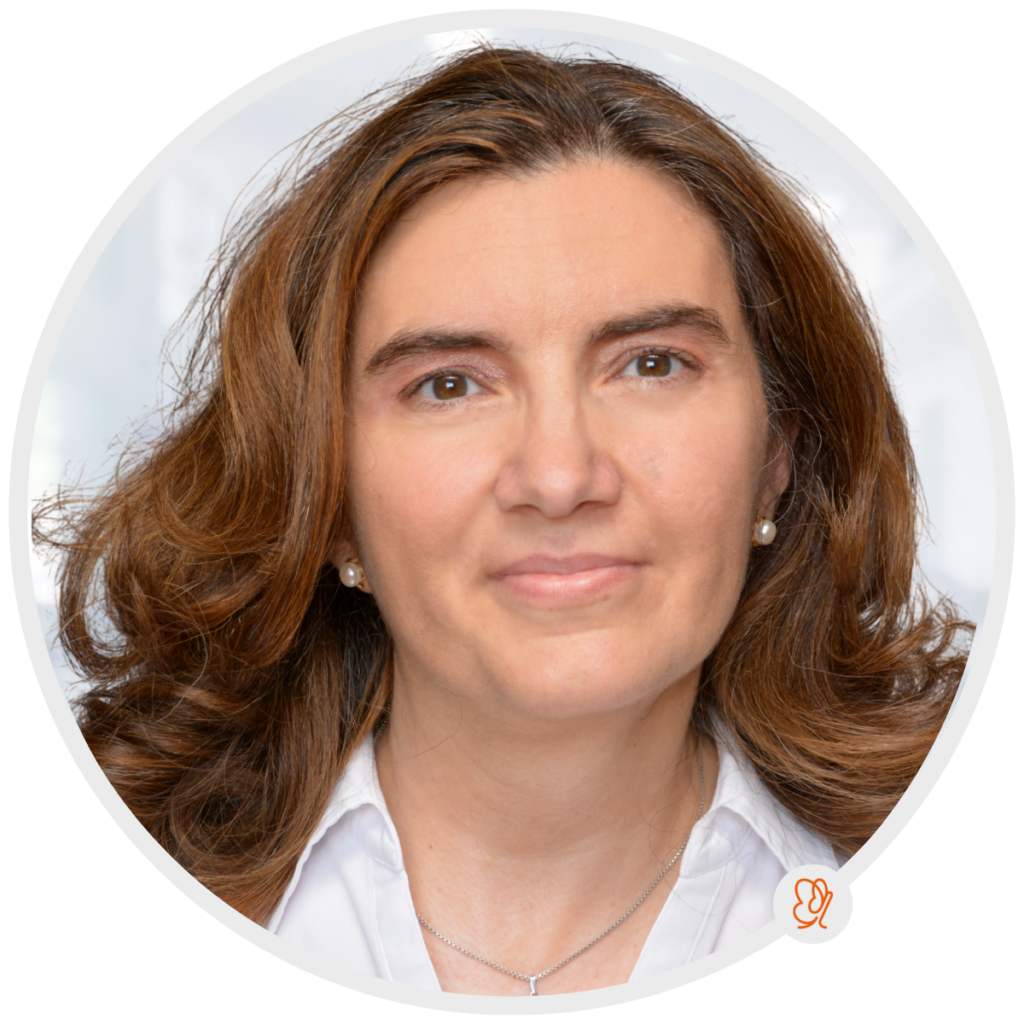
Celia Oreja-Guevara
Vice Chair of Neurology and Head of Multiple Sclerosis Center at the University Hospital San Carlos, Madrid



